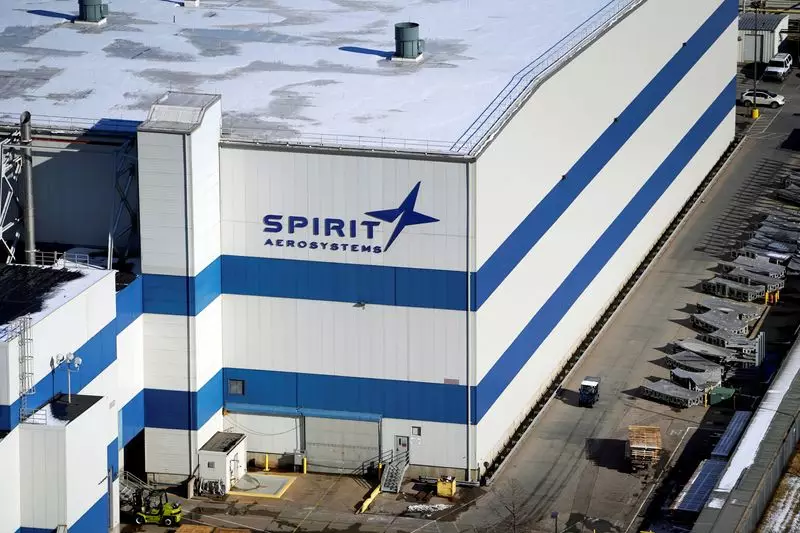The aerospace industry is witnessing a momentous chapter as Airbus embarks on an ambitious acquisition strategy to bolster its operations and secure the future of its supply chain. The ongoing discussions between Airbus and Spirit Aerosystems signify more than a mere corporate takeover; they reflect intricate dynamics within a challenged sector striving to cope with rapid changes and exigencies.
Airbus has entered negotiations to take control of four vital plants operated by Spirit Aerosystems, which are instrumental in the assembly of the A350 and A220 aircraft. This move comes at a time when Spirit, a key aerostructures supplier, is grappling with severe financial difficulties. The collaboration between Airbus and Boeing to effectively divide Spirit’s assets underscores an unusual cooperation between two rival giants, stemming from mutual concerns over Spirit’s decline impacting both manufacturers.
Airbus CEO Guillaume Faury expressed cautious optimism regarding the takeover process, suggesting that while discussions are progressing well, the complexities involved must not be underestimated. “It is not a walk in the park,” he noted, indicating that while the agreement is in motion, numerous obstacles remain before the finalization of the acquisition can be celebrated. The intricacies of the process include navigating regulatory approvals, due diligence, and the integration of the plants into Airbus’s existing frameworks.
Spirit Aerosystems has issued warnings about its financial viability, raising immediate concerns about its ability to fulfill operational commitments within the next year. The company’s struggles have intensified following complications associated with the Boeing 737 MAX aircraft, which has not only affected Boeing’s reputation but also reverberated through its supply chain. This highlights a critical aspect of the aviation industry—how supply chain failures can have cascading impacts on multiple stakeholders.
Airbus’s decision to advance $107 million to Spirit, coupled with Boeing’s earlier commitment of $350 million, showcases a strategic effort to stabilize the troubled supplier amid the impending transition. Both companies are acutely aware that a failure on Spirit’s part could disrupt their operational capabilities, given that it provides approximately 25% of its sales to Airbus. Faury clearly articulated this concern by stating that the risk was predominantly on Spirit’s and Boeing’s sides, indicating the need for immediate corrective measures.
As Airbus navigates through this acquisition, the broader implications for the aerospace industry cannot be ignored. The cooperation between major competitors like Airbus and Boeing suggests a rewriting of traditional rivalries in favor of collective survival strategies. This collaborative approach may set a precedent for how companies react in times of crisis.
Moreover, the outcome of this deal could significantly impact future aerospace manufacturing landscapes, as both companies look to enhance production efficiencies and manage costs more effectively. With the ongoing integration of advanced technologies and manufacturing processes, successful oversight of Spirit’s assets could lead to improved operational performance across Airbus’s product lines.
The completion of this takeover hinges not just on successful negotiations but also on regulatory approval. As Airbus aims to streamline operations and stabilize Spirit, regulatory bodies will be scrutinizing the acquisition to ensure that it adheres to antitrust laws and promotes healthy competition within aviation.
Upon finalizing the acquisition, Airbus faces the substantial task of assimilating these plants into its operations efficiently. The company must address various integration challenges, including potential workforce adjustments, operational shifts, and sustainability measures in line with its long-term goals.
The Airbus-Spirit Aerosystems takeover encapsulates the delicate balance of competition and cooperation within the aerospace sector. While there are formidable challenges ahead, the strategic moves made by both Airbus and Boeing could redefine industry norms and foster a more resilient supply chain that is better equipped to handle future upheavals. As the aviation market recovers, the lessons learned from this crisis will undoubtedly shape the trajectories of both companies in the years to come.

